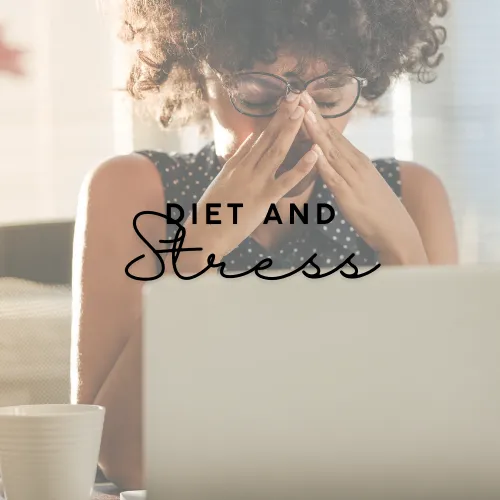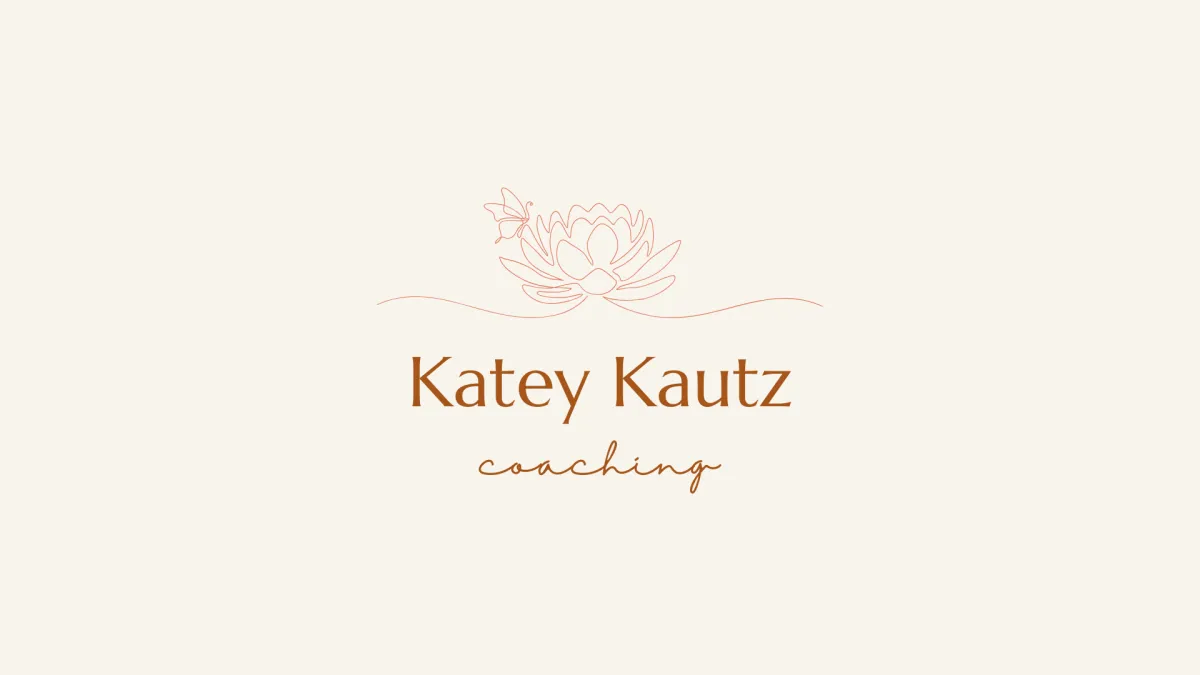
Diet and Stress
Stress, Food, and Finding Balance
When most people think about reducing stress, their minds immediately go to cutting back on work, practicing self-care, or creating more balance in their daily routines. And while those things absolutely matter, one area that often gets overlooked is the impact of what we eat. The truth is, your diet can either fuel your stress or help calm it—and the choices you make every day create a cycle that affects both your body and your emotions.
Stress and Emotional Eating
We’ve all been there—reaching for a sweet treat or comfort food after a long, stressful day. In the moment, it feels soothing. But when food becomes the main way we cope, it can spiral into habits that leave us feeling worse. Emotional eating might ease tension temporarily, but over time it can contribute to overeating, nutrient imbalances, and even more stress.
Habits Stress Leaves Behind
Stress doesn’t just affect what you eat—it shapes other habits too. When stress piles up, it’s common to:
Lean on processed or fast foods
Skip exercise or movement
Struggle with sleep
Drink more alcohol or rely on other substances
The tricky part? These habits might feel like short-term relief, but they often leave you stuck in a cycle where stress keeps getting heavier.

Breaking the Cycle
The good news is—you can shift the cycle. Instead of defaulting to quick fixes, building healthier coping tools helps strengthen your resilience. Yes, occasional emotional eating is normal and human, but pairing it with other outlets can bring you long-term balance. Try things like:
Moving your body in ways you enjoy
Spending time with people who lift you up
Exploring creative outlets or hobbies
Practicing mindfulness or deep breathing
These strategies don’t just take the edge off in the moment—they help rebuild your baseline of calm and emotional strength.
Holistic Support for Stress Relief
Alongside a balanced diet, a holistic approach can make stress more manageable:
Mindfulness practices – meditation, yoga, or simply slowing down with intentional breaths
Better sleep hygiene – creating a calming evening routine, keeping consistent sleep/wake times, and making your sleep space peaceful
Physical activity – releasing endorphins through walking, cycling, dancing, or any movement that feels good
Social connections – leaning on loved ones, trusted friends, or professional support when you need it most
Relaxation techniques – aromatherapy, journaling, progressive muscle relaxation, or carving out guilt-free downtime
Nourishing Body and Mind Together
Reducing stress isn’t about perfection—it’s about building habits that make you feel supported, strong, and grounded. A nutrient-rich diet, movement, connection, and mindful self-care all work together to strengthen emotional resilience.
Remember: stress is a part of life, but how you respond to it is within your control. By nourishing both your body and mind, you can create more balance, vitality, and calm in your day-to-day life.
All Rights Reserved. Copyright 2025| Katey Kautz Coaching

Facebook
Instagram
Youtube
Mail
Website